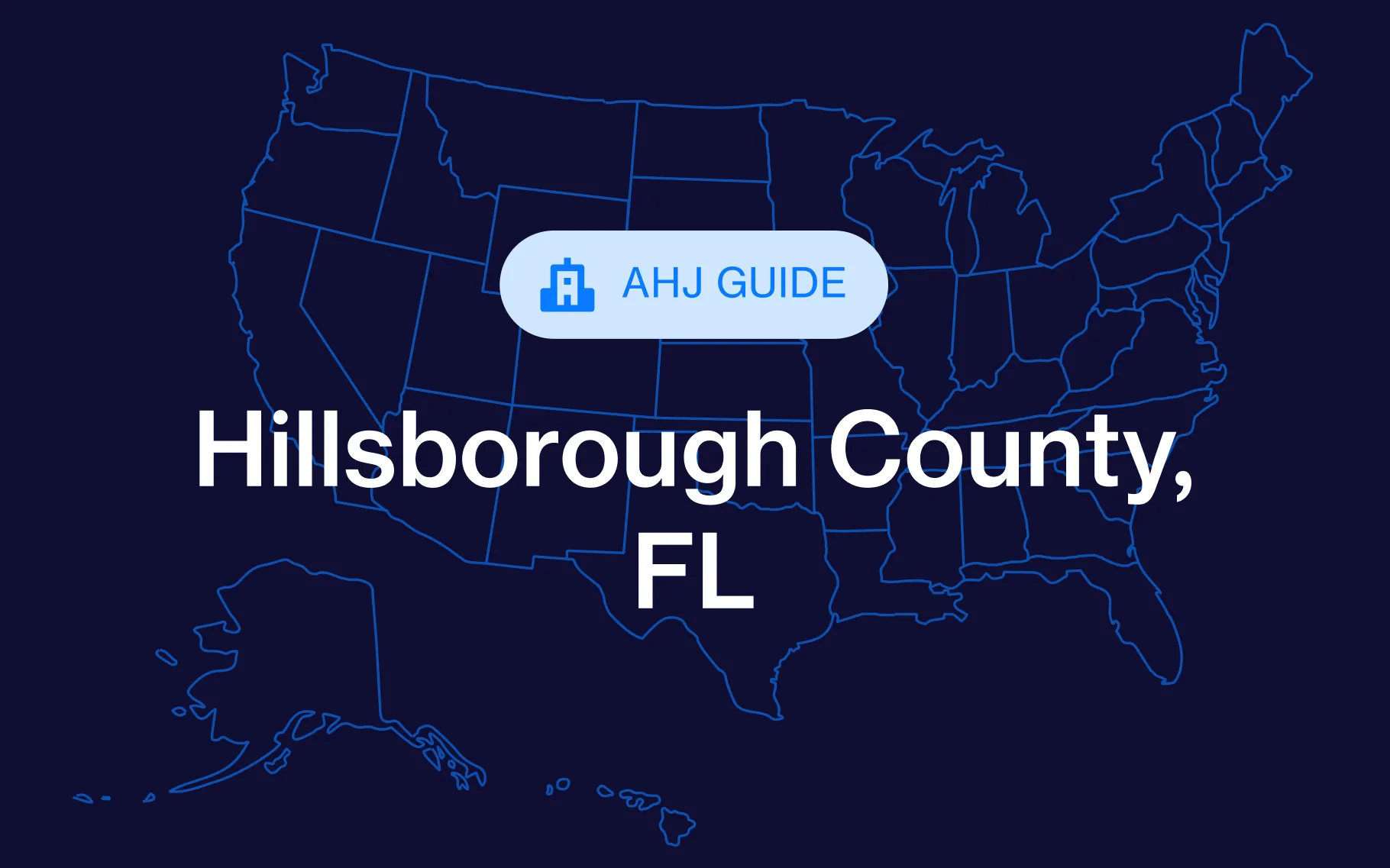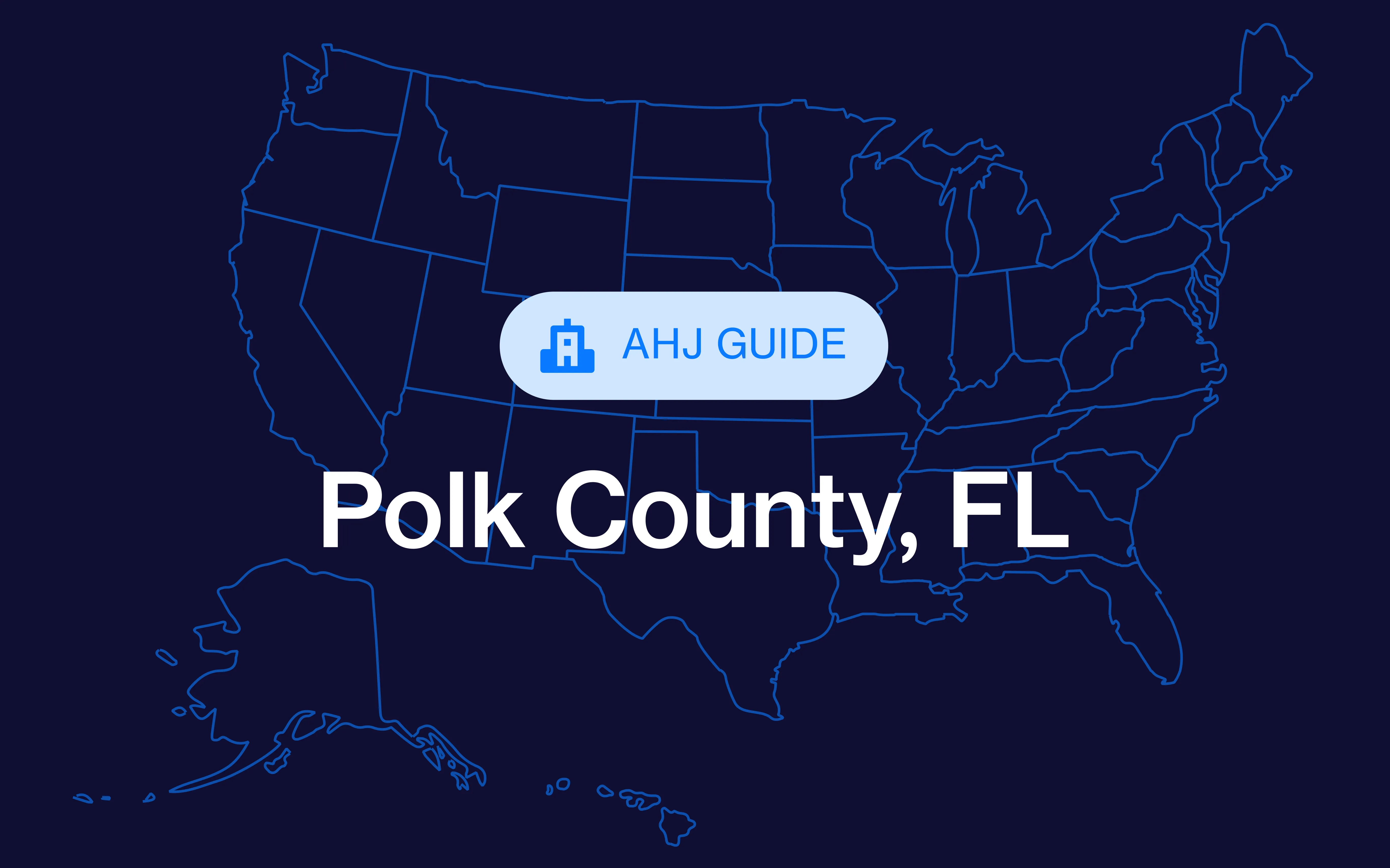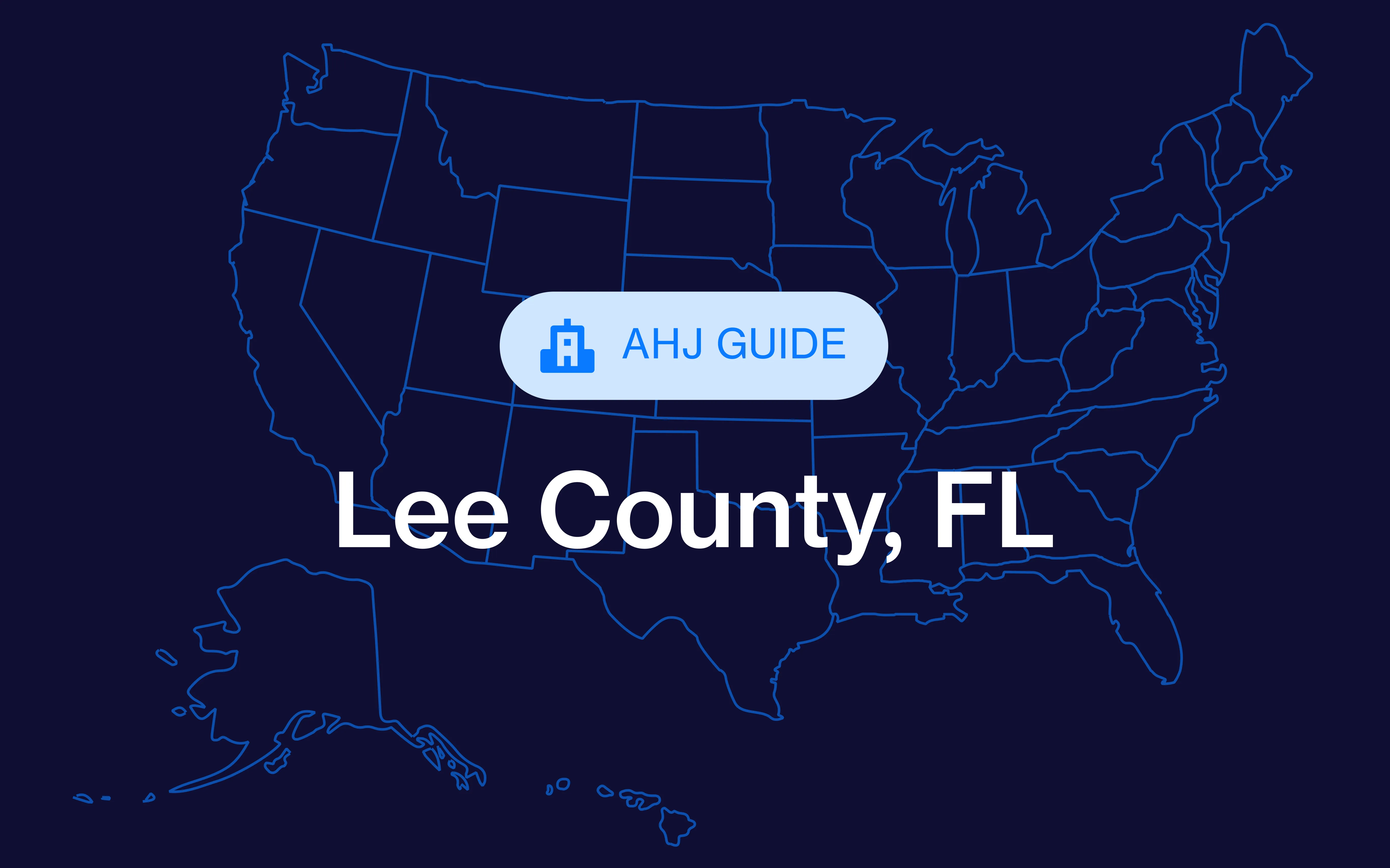If your business is expanding into Hillsborough County, Florida — or just trying to keep a fast-moving project on schedule — you’ll need to get familiar with the local permitting process. Between zoning requirements, trade permit coordination, and inspection timelines, it’s easy for delays to stack up if you don’t have the right information upfront.
This guide outlines everything contractors, developers, and builders need to know about pulling a Hillsborough County building permit, so you can break ground on your next project with confidence.
Pull permits in Hillsborough County faster with PermitFlow. Learn more.
Hillsborough county building permit requirements
Most construction projects in Hillsborough County require a permit, especially when the work involves structural changes or utility systems.
You’ll likely need a permit for:
- New construction of residential homes, commercial buildings, or accessory structures
- Additions and alterations, like room expansions, garage conversions, or major layout changes
- Electrical, mechanical, and plumbing (MEP) work
- Roofing replacements or structural repairs
- Window and door replacements
- Demolition
- Changes in use or occupancy
- Electrical or concrete fences
- Porches
Projects that may not require a permit
Some small-scale or cosmetic projects may not require a building permit.
These include:
- Painting
- Tile work
- Flooring
- Cabinetry and shelving
- Wall papering
- Privacy fencing made of PVC, wood, or chain link
- Low-voltage systems (in existing single-family homes when the total cost of labor and materials is less than $5,000)
For a complete detailed list of projects that don’t require a permit, visit the county’s Work Exempt from Permits page.
Do I need a permit for a shed in Hillsborough County?
You don’t need a permit for a shed in Hillsborough County if it’s less than 150 square feet.
You will need a permit for a shed if:
- The structure is larger than 150 square feet, OR
- The shed includes electrical, plumbing, or mechanical components, OR
- It’s being installed on a permanent foundation
Hillsborough County building permit fees
Hillsborough County calculates building permit fees based on occupancy classification, square footage, and type of work. Fees are split between plan review (50%) and inspection (50%), and include a $50 application fee.
New construction, additions, and alterations (per square foot)
Common residential permit fees:
Common commercial permit fees:
Additional fees:
For full details, refer to the 2024 Hillsborough County Public Fee Schedule.
Hillsborough County building permit application process
Step 1: Determine permit requirements
Start by identifying whether your project needs a permit and if so, what type. Use the county’s Online Permit Types tool to determine which permits are required. Contact the Development Services Department directly to confirm or get help.
Step 2: Prepare necessary documentation
Most applications require:
- A completed permit application form
- Site plan or property survey
- Construction drawings (signed and sealed, if applicable)
- Energy code compliance forms (for new construction)
- Contractor license and insurance documentation
Step 3: Submit application
All building permit applications must be submitted online using the HillsGovHub portal. You’ll need to sign up for an account to use the platform.
Step 4: Plan review and approval
After submission, your application goes through plan review.
This may include checks by:
- Building and structural review
- Zoning and site plan review
- Fire or environmental departments
Hillsborough County doesn’t publish estimated review timelines on its website.
Step 5: Permit issuance and inspections
Once approved, pay your fees to receive the official permit. You’ll then schedule inspections at major milestones: foundation, framing, mechanicals, and final.
Use the HillsGovHub portal to request inspections and view updates.
Pro tip: Reduce permitting timelines by investing in permit management software like PermitFlow. PermitFlow handles the permit preparation, submission, and tracking nationwide, across all municipalities you’re building in.
Hillsborough County permitting resources
Contact info:
- Phone: (813) 272-5600
- Email: permitting@hcflgov.net
- Address: 601 E Kennedy Blvd 16th floor, Tampa, FL 33602
Streamline Hillsborough County permitting with PermitFlow
From pre-application research to application submission and status tracking, PermitFlow helps contractors, developers, and homebuilders manage Hillsborough County permits with less friction and fewer delays.
With PermitFlow, you get:
- Local expertise: Submit clean applications the first time, with fewer corrections
- Collaborative dashboard: Track permit status, share documents, and coordinate tasks across your team
- Real-time updates: Know where each permit stands — and what needs attention
- Faster approvals: Avoid bottlenecks and reduce turnaround times
Ready to pull permits faster in Hillsborough County? Talk to our permitting experts today.








